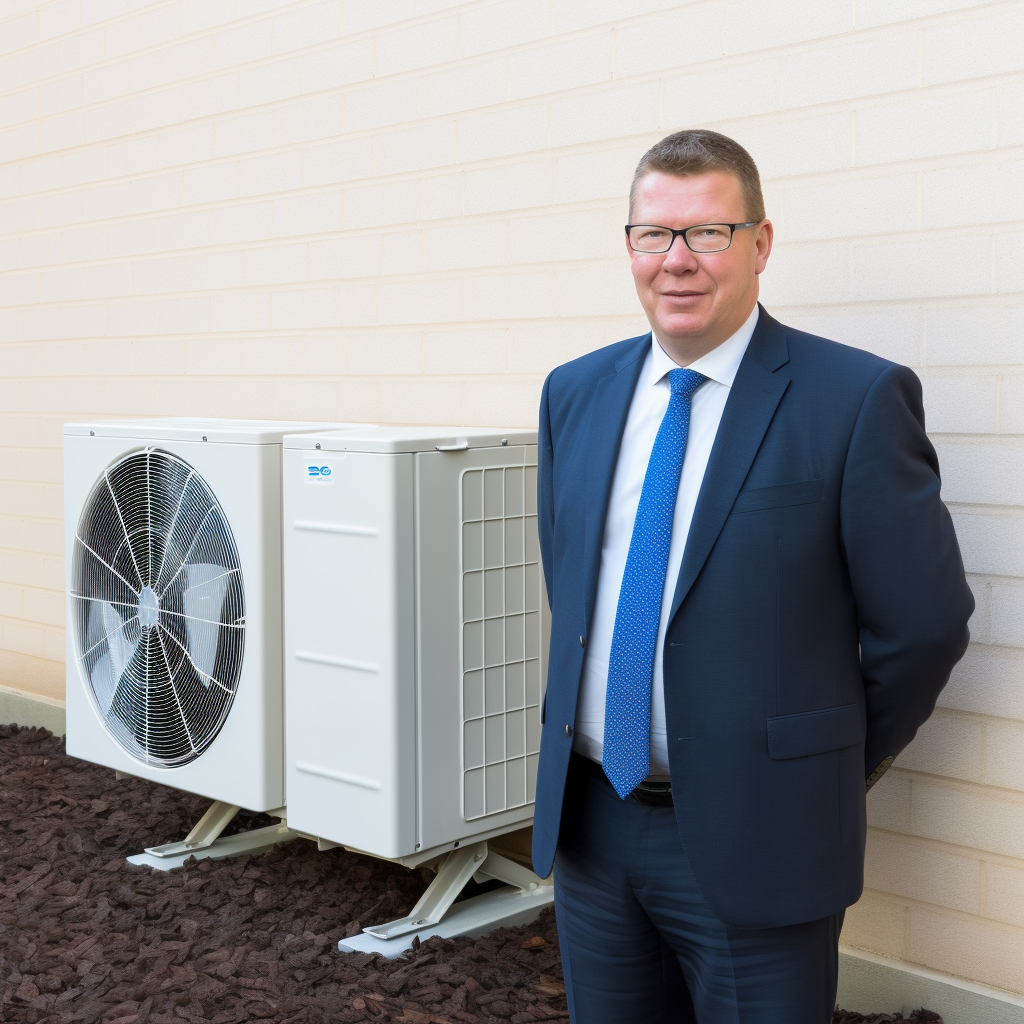The Calgary Herald published on Jany 07, 2023, that the premier of Alberta prefers to pump oil than to fix the province’s dependence on a boom or bust cycle of energy extraction. She stated, “the province is instead continuing to assess expanding oil and gas production while advancing carbon technology to reduce emissions.”
The statement came after the Federal government announced the ‘just transition’ plan for oil and gas workers. Smith complained the province was not consulted.
Smith’s approach is problematic because it prioritizes the interests of the oil and gas industry over the need to address and mitigate global warming. The statement suggests that the focus should be on finding ways to continue expanding oil and gas production rather than transitioning to cleaner forms of energy and reducing emissions. This attitude ignores the fact that the burning of fossil fuels is a major contributor to global warming and climate change and that reducing our reliance on them is necessary to address this crisis. It also suggests that the efforts to combat global warming are focused on “shutting down” the industry rather than finding sustainable and practical solutions.
There are several reasons why green energy jobs may be considered superior to oil field jobs:
- Sustainability: Green energy sources such as solar and wind are renewable and do not deplete over time, unlike fossil fuels which are non-renewable and contribute to climate change when burnt.
- Health and safety: Working in the oil and gas industry can be hazardous, with the risk of accidents and exposure to harmful substances. In contrast, many green energy jobs involve working with clean technologies that do not pose such risks.
- Job security: The demand for oil and gas is likely to decline over time as the world shifts towards cleaner energy sources. This could make job security in the oil and gas industry uncertain. Green energy jobs, on the other hand, are expected to grow as the demand for renewable energy increases.
- Economic benefits: The transition to clean energy can also have economic benefits, such as the creation of new jobs and the stimulation of local economies.
- Environmental benefits: In addition to reducing greenhouse gas emissions, the use of clean energy can also have other environmental benefits, such as reduced air and water pollution.
Citations:
- Renewable vs. Nonrenewable Energy Sources, US Department of Energy, https://www.energy.gov/maps/renewable-vs-nonrenewable-energy-sources
- Occupational Safety and Health in the Oil and Gas Industry, World Health Organization, https://www.who.int/publications/i/item/9789241510382
- Renewable Energy Job Trends, Renewable Energy World, https://www.renewableenergyworld.com/articles/2013/11/renewable-energy-job-trends.html
Alberta, like many other economies that are heavily reliant on a single industry, can benefit from diversification to reduce its vulnerability to economic shocks. Here are some specific reasons why Alberta may want to diversify its economy away from oil:
- Volatility of oil prices: The oil and gas industry is subject to fluctuations in global demand and prices, which can have a significant impact on Alberta’s economy. Diversifying the economy would reduce Alberta’s reliance on the volatile oil and gas industry and make it more resilient to external shocks.
- Decreasing demand for oil: The demand for oil is expected to decline over time as the world transitions to cleaner energy sources. Diversifying the economy now would help Alberta prepare for this eventuality and ensure the long-term sustainability of its economy.
Citations:
- Oil Price Volatility and the Alberta Economy, Government of Alberta, https://www.alberta.ca/oil-price-volatility-and-alberta-economy.aspx
- The Future of Oil: Declining Demand and the Role of Renewables, International Energy Agency, https://www.iea.org/reports/the-future-of-oil
The reality is that Jennifer Smith’s desired approach is to lock Alberta into a death spiral that will take several generations to play out.










